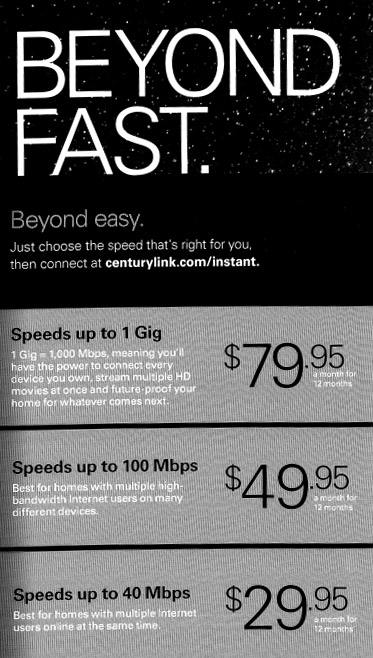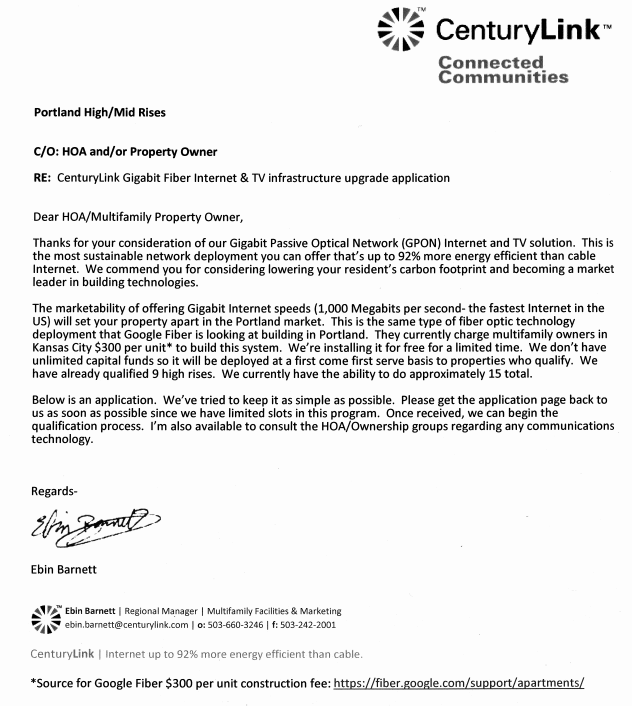Madison, Wisconsin Pilot: Fiber In The Fall
Four low-income neighborhoods in Madison will soon have access to fast, reliable, affordable Internet access, thanks to a municipal fiber-to-the-home (FTTH) pilot program.
Fast, Affordable, Reliable...Soon!
According to a recent Cap Times article, installation will begin in the spring of 2016; community leaders anticipate the network will start serving residents in the fall. The cost of the pilot is estimated at $512,000. The original plan was to offer the pilot in two areas, but in the City Council recently approved an amendment to the city budget to cover the cost of expanding the pilot. Funds for the construction will come from the city's capital budget.
When the city first released its RFP, it received 3 proposals. Ultimately, the city selection committee chose the only FTTH proposal over two wireless proposals, citing reliability and speed as determining factors. Local Internet service provider ResTech will build the network, which will be owned by the city. Residential subscribers will have access to a minimum 10 Megabits per second (Mbps) download and 10 Mbps upload (symmetrical) service for $9.99 per month. There will be no data caps.
Testing the Waters
The Cap Times reports that the results of the pilot will determine the next steps for the city, population 243,000, which has flirted with the idea of a citywide municipal network in the past:
In conjunction with the pilot, Madison will be pursuing a feasibility study and cost-benefit analysis to determine whether to expand the Internet service to other parts of the city in the future.
The city is working with Columbia Telecommunications Corporation for the feasibility study component as a parallel track to the pilot.
The pilot will be two years, and [Chief Information Officer Paul] Kronberger said they hope to have enough data to do the cost-benefit analysis after about one year of operation.




 The promotional sheet claims CenturyLink will offer speeds "up to" 1 Gig for $79.95/month for 12 months. 100 Mbps runs $49.95 and 40 Mbps is $29.95 - each for 12 months. No mention of upload speeds but CenturyLink has demonstrated a real aversion to symmetry so users can expect far slower upstream than what modern municipal networks and Google fiber deliver.
The standard operating procedure in apartment buildings will be for CenturyLink to try to lock up the internal wiring to buildings and deny it to competitors. FCC rules make exclusive agreements with landlords unenforceable, but there are a host of tricks that incumbents use to prevent any competition and landlords getting a kickback often have little reason to encourage competition.
The CenturyLink copy notes that its fiber optic GPON option is "up to" more than 92 percent energy efficient than cable modem Internet access. I have to wonder how it compares to DSL energy efficiency and whether that number holds up better than the "up to" 12 Mbps claims they make on DSL circuits that seldom peak at 5 Mbps.
At any rate, it is more than we can expect in the many communities CenturyLink is serving where there the local government have done nothing to spur competition by investing in publicly owned assets that could form a municipal network or be used to entice independent service providers to enter the market. In particular, I would be curious where else CenturyLink is rolling out fiber to buildings without any upfront charges.
The promotional sheet claims CenturyLink will offer speeds "up to" 1 Gig for $79.95/month for 12 months. 100 Mbps runs $49.95 and 40 Mbps is $29.95 - each for 12 months. No mention of upload speeds but CenturyLink has demonstrated a real aversion to symmetry so users can expect far slower upstream than what modern municipal networks and Google fiber deliver.
The standard operating procedure in apartment buildings will be for CenturyLink to try to lock up the internal wiring to buildings and deny it to competitors. FCC rules make exclusive agreements with landlords unenforceable, but there are a host of tricks that incumbents use to prevent any competition and landlords getting a kickback often have little reason to encourage competition.
The CenturyLink copy notes that its fiber optic GPON option is "up to" more than 92 percent energy efficient than cable modem Internet access. I have to wonder how it compares to DSL energy efficiency and whether that number holds up better than the "up to" 12 Mbps claims they make on DSL circuits that seldom peak at 5 Mbps.
At any rate, it is more than we can expect in the many communities CenturyLink is serving where there the local government have done nothing to spur competition by investing in publicly owned assets that could form a municipal network or be used to entice independent service providers to enter the market. In particular, I would be curious where else CenturyLink is rolling out fiber to buildings without any upfront charges.
